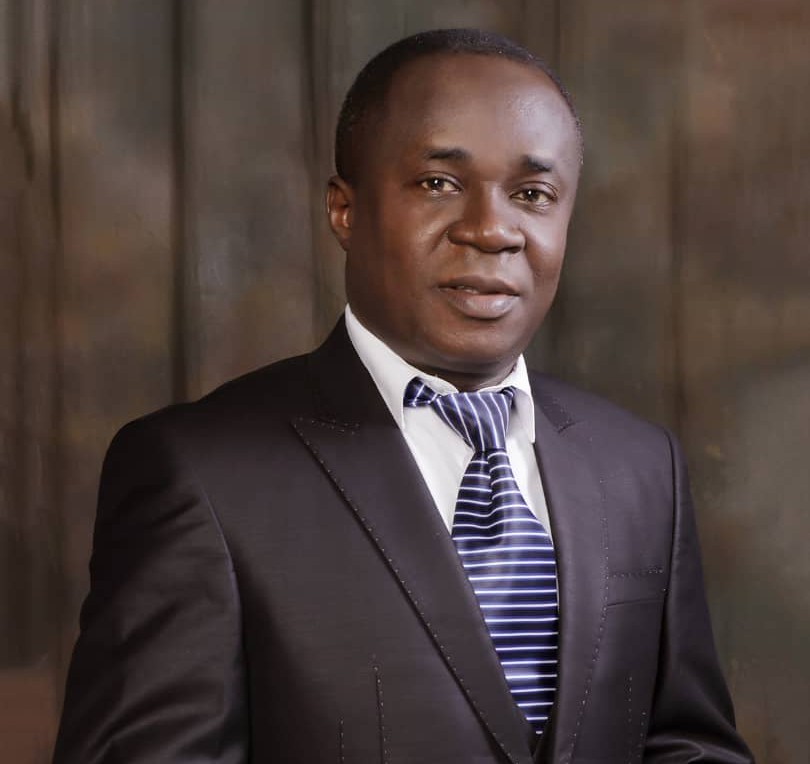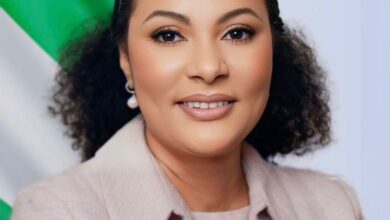
Context
According to news reports, the Federal Government is set to issue dollar-denominated bonds in the domestic market and hopes to raise at least USD500 million from local and international investors through the process. This domestic dollar bond will be the first of its kind in the country and is part of a bond programme having a total size of up to USD2 billion with the minimum subscription at USD10,000 and integral multiples of USD1,000 above the minimum size. The principal will be repaid after five years in the same currency it is issued, with interest payments made every six months.
The bond will be listed and admitted for trading on the Nigerian Exchange (NGX) and the Financial Market Dealers Quotation (FMDQ), making it accessible to both non-resident Nigerians and investors resident in Nigeria who have USD balances in their Foreign Currency Accounts. The settlement date for the domestic dollar bond auction will likely be 10 days after the auction date.
It is not yet clear what the indicative pricing would be. However, the expectation is that it will be attractive enough to lure a broad category of prospective investors.
Concern
My major concern with this bond issuance is that the tenor of 5 years seems ambitious. A two-year, short-term tenor, would have been better and less costly since this is a debut issuance designed to test the domestic market’s appetite for USD-denominated domestic bonds. It is instructive to note that when Ghana issued her first domestic dollar bonds in 2016, it had a 2-year tenor and was largely successful.
Another concern stems from the need to ensure that the exercise does not, as noted by the IMF in its Article IV Consultation report, put further pressure on the naira since part of the plan is to bring onshore dollar liquidity to the official market, ‘’which could lead to market fragmentation, increase the cost of naira securities, and add to pressures on the naira”.
It is equally important to prevent a situation where the parallel market is made a source of funds invested in these bonds which speaks to whether there are adequate safeguards in relation to the Know Your Customer (KYC) principles in view of the nature of the transaction. For Nigerians in Diaspora in particular, a key consideration would be the effectiveness of the Clearing and Settlement infrastructure associated with the domestic dollar bonds issuance.
Likely Impact on the Economy
Be that as it may, the bond issuance holds a lot of promise to investors and the economy in general in a number of ways:
It provides an opportunity to earn risk-free return on investments given that dollar deposits with banks attract little or no interest;
The interest payable to bondholders is exempt from income tax;
It affords an opportunity for retail and institutional investors to diversify their portfolios;
It provides an alternative cheaper source to meeting government’s financing needs in a period where the cost of servicing domestic debt is made more expensive by hawkish monetary policy;
It should help to strengthen the naira since the dollars raised will be available for intervention in the forex market;
A high demand for this debut bond will embolden the government to further explore the domestic dollar bonds market which will reduce the FG’s incursion into the naira bond market, thereby freeing up capital for the private sector;
It promises to deepen the capital market following increased liquidity in the market on the back of the new asset class;
Like the debut Eurobond issuance in 2011, the maiden domestic dollar bond is expected to open up local issuance of similar bonds by companies and sub-nationals.
All said, the benefits of the domestic dollar bonds outweigh the costs. It is expected that the net proceeds will be ring-fenced and invested in critical sectors of the economy such as Agriculture, Education and Health.
Uche Uwaleke, a Professor of Capital Market at the Nasarawa State University, is the President of Capital Market Academics of Nigeria.






